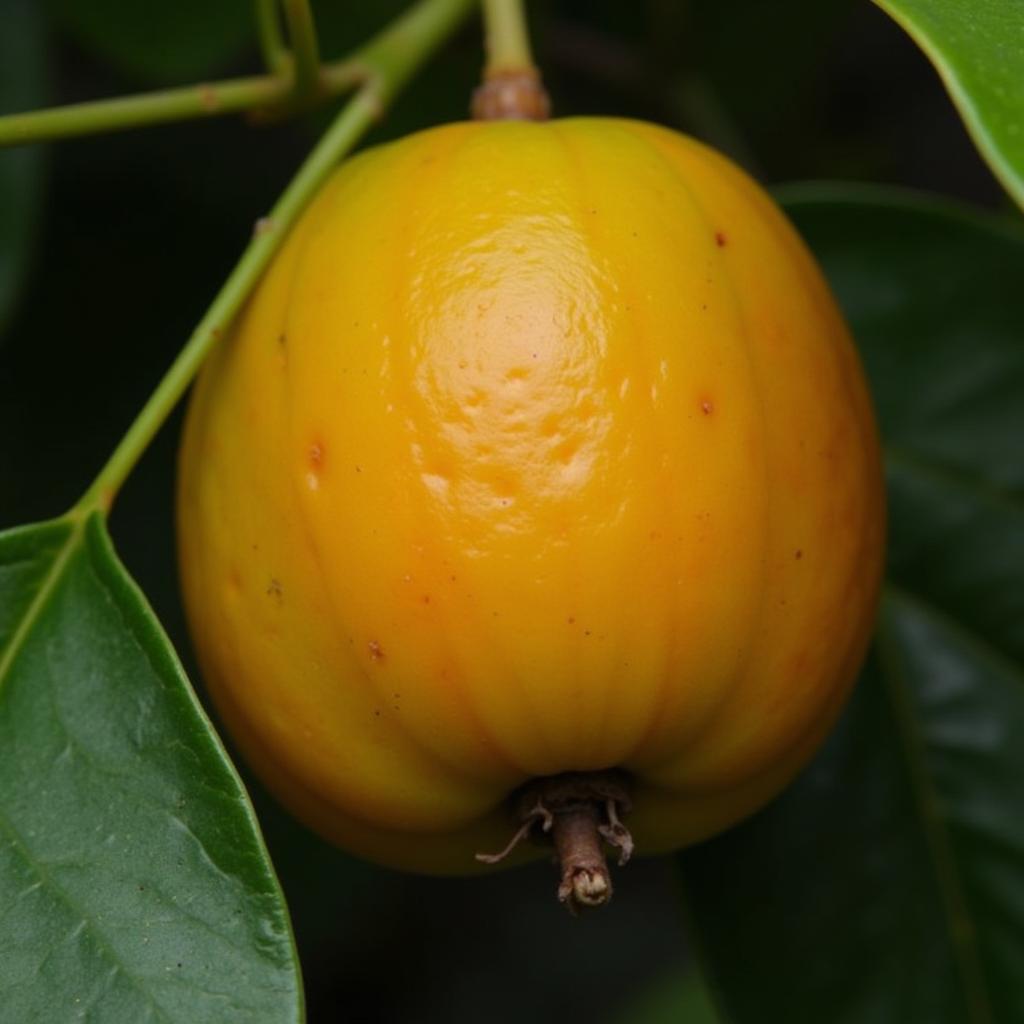Understanding African Groupings: A Deep Dive into ECOWAS
The Economic Community of West African States (ECOWAS) is a prominent regional grouping in Africa, playing a crucial role in the political and economic landscape of West Africa. This article delves into the history, objectives, challenges, and achievements of ECOWAS, providing a comprehensive understanding of its significance in fostering regional integration and development.
The Genesis and Evolution of ECOWAS
ECOWAS was established on May 28, 1975, with the signing of the Treaty of Lagos by fifteen West African nations. The primary objective was to promote economic cooperation and integration among member states, leading to a self-sufficient and collectively prosperous region. The initial focus was on trade liberalization, facilitating the free movement of people and goods, and harmonizing agricultural policies. Over the years, ECOWAS has broadened its mandate to include political and security cooperation, addressing issues such as conflict resolution, peacekeeping, and democratic governance.
Objectives and Functions of ECOWAS: Fostering Regional Integration
The key objectives of ECOWAS revolve around fostering economic integration, promoting peace and security, and strengthening democratic governance within the region. This includes establishing a common market, a customs union, and a single currency, ultimately aiming for an economic union. ECOWAS also works to harmonize policies on agriculture, industry, transport, and telecommunications to create a more integrated and efficient regional economy.
Beyond economic matters, ECOWAS plays a crucial role in maintaining peace and security. The organization has intervened in several conflicts, deploying peacekeeping forces and mediating disputes between member states. It has also developed mechanisms for preventing conflicts and promoting good governance.
Challenges and Opportunities Facing ECOWAS
Despite its significant achievements, ECOWAS faces numerous challenges. These include political instability in some member states, the slow pace of economic integration, and infrastructural deficits. Differences in economic development levels among member states also pose a challenge to achieving balanced regional growth. Furthermore, issues like cross-border crime, terrorism, and climate change require concerted regional efforts to mitigate their impact.
However, these challenges also present opportunities. By addressing these issues effectively, ECOWAS can strengthen its role as a key player in promoting sustainable development and regional stability in West Africa. The vast potential of the region, with its abundant natural resources and growing population, offers immense opportunities for economic growth and development.
“ECOWAS plays a vital role in not only economic growth, but also in promoting peace and stability within West Africa,” states Dr. Aboubakar N’Diaye, a prominent West African economist. “Its commitment to regional integration is essential for addressing the shared challenges and maximizing the collective potential of the member states.”
ECOWAS and its Role in the African Union
ECOWAS is an integral part of the African Union (AU) architecture, serving as a Regional Economic Community (REC). It contributes to the AU’s broader agenda of Pan-Africanism, promoting regional integration as a stepping stone towards continental unity. ECOWAS collaborates with other RECs and the AU on various issues, including peace and security, trade, and development.
The Future of ECOWAS: Towards a More Integrated West Africa
The future of ECOWAS hinges on its ability to overcome the challenges it faces and capitalize on the opportunities available. Strengthening regional institutions, promoting good governance, and fostering inclusive economic growth are crucial for the organization’s success. Furthermore, deepening cooperation with other RECs and international partners will be essential for achieving its goals of a more integrated and prosperous West Africa.
“The future of West Africa depends on the success of regional integration efforts. ECOWAS, as the main driver of this process, has a crucial role to play in shaping the destiny of the region,” says Professor Amina Sow, a Senegalese historian specializing in West African integration.
Conclusion: The Significance of African Groupings – ECOWAS
ECOWAS plays a pivotal role in promoting economic development, peace, and security in West Africa. While facing numerous challenges, the organization has made significant strides in fostering regional integration. By continuing to strengthen its institutions, promote good governance, and address the needs of its member states, ECOWAS can pave the way for a more prosperous and stable future for West Africa. The continued success of African groupings like ECOWAS is vital for the advancement of the continent as a whole.
FAQ
- What does ECOWAS stand for?
- ECOWAS stands for the Economic Community of West African States.
- When was ECOWAS founded?
- ECOWAS was founded on May 28, 1975.
- How many member states are in ECOWAS?
- There are fifteen member states in ECOWAS.
- What are the main objectives of ECOWAS?
- The main objectives are promoting economic integration, peace, security, and good governance.
- What are some of the challenges facing ECOWAS?
- Challenges include political instability, slow economic integration, and infrastructural deficits.
- How does ECOWAS contribute to the African Union?
- ECOWAS serves as a Regional Economic Community, contributing to the AU’s broader agenda of Pan-Africanism.
- What is the future outlook for ECOWAS?
- The future depends on overcoming challenges and capitalizing on opportunities for regional integration and development.
Need more information on African cultures and traditions? Check out our articles on [link to another relevant article] and [link to another relevant article].
For any assistance or further inquiries, please contact us at: Phone Number: +255768904061, Email: kaka.mag@gmail.com or visit our office at: Mbarali DC Mawindi, Kangaga, Tanzania. We have a 24/7 customer service team ready to assist you.


